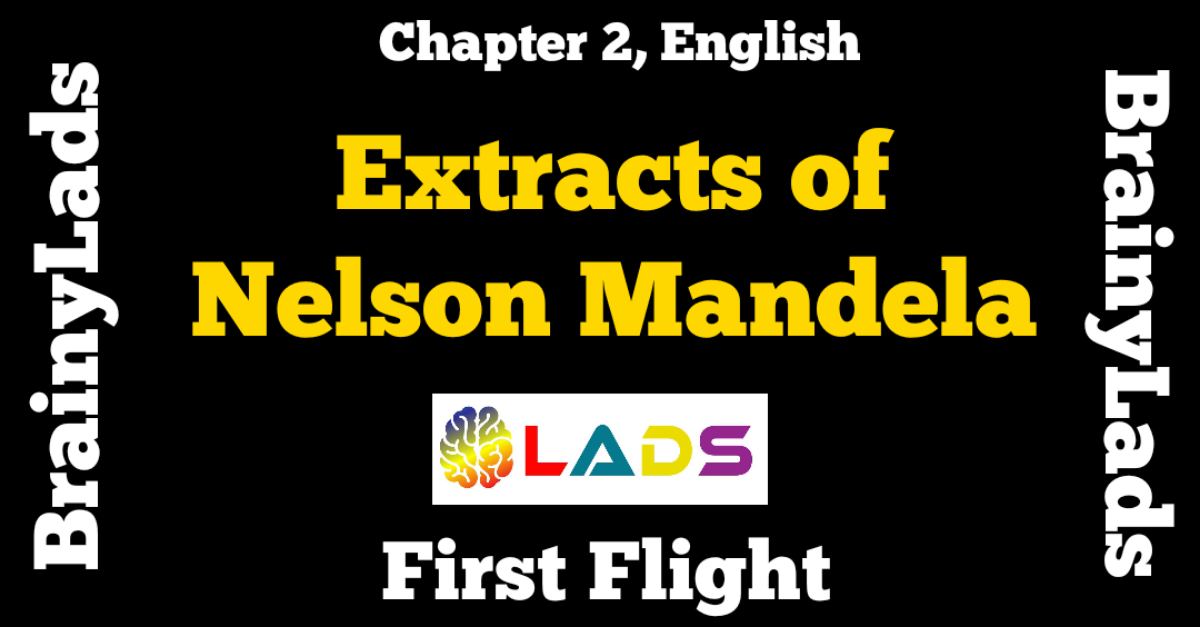MCQ of The Ball Poem | John Berryman | Class 10 | English | CBSE |
MCQ of The Ball Poem, Class 10, English
Multiple Choice Questions of The Ball Poem, Class 10, English
Watch Video of MCQ of The Ball Poem
Stanza 1
What is the boy now, who has lost his ball,
What, what is he to do? I saw it go
Merrily bouncing, down the street, and then
Merrily over — there it is in the water!
a) Name the poem?
1) Dust of Snow
2) Fire and Ice
b) Who is the poet of The Ball Poem?
1) Adrienne Rich
2) John Berryman
3) Robert Frost
4) Leslie Norris
c) Which literary device has been used in ‘Merrily bouncing’?
1) Oxymoron
2) Assonance
3) Alliteration
4) Personification
d) What has the boy lost?
1) Car
2) Toy
3) Ball
4) All of these
e) What does the word ‘Merrily’ mean?
1) Sadly
2) Happily
3) Cryingly
4) Forcibly
f) What is the poem ‘The Ball Poem’ all about?
1) The sudden victory of our precious possessions
2) The sudden loss of our precious possessions
3) The sudden achievement of our precious possessions
4) Both 1 and 3
Answers
- The Ball Poem
- John Berryman
- Personification
- Ball
- Happily
- The sudden loss of our precious possessions
Related
Stanza 2
No use to say ‘O there are other balls’:
An ultimate shaking grief fixes the boy
As he stands rigid, trembling, staring down
All his young days into the harbour where
a) Why is there no need to say about other balls according to the poet?
1) For the child wants the same one he lost
2) For the child wants the different one from he lost
3) For the child is no longer interested in that ball
4) None of these
b) Why is the boy grieved in ‘The Ball Poem’?
1) For he has lost his childhood
2) For he has lost his youth
3) For he has lost his adolscence
4) None of these
c) What does the word ‘Rigid’ mean?
1) Unchanging
2) Moving
3) Flexible
4) All of these
d) What does the ball represent in ‘The Ball Poem’?
1) Lost childhood
2) Lost time
3) Lost possessions
4) All of these
Answers
- For the child wants the same one he lost
- None of these
- Unchanging
- All of these
Stanza 3
His ball went. I would not intrude on him;
A dime, another ball, is worthless. Now
He senses first responsibility
In a world of possessions. People will take
Balls, balls will be lost always, little boy.
a) Who is ‘I’ in the first line?
1) Child
2) Child’s father
3) Poet
4) None of these
b) What does the word ‘Intrude’ mean?
1) To enter with permission
2) To enter without permission
3) To enter someone’s heart without permission
4) None of these
c) What does the poet not want to intrude on the child?
1) For he knows the child is manner less
2) For he knows it is futile to convince him
3) For the child is adamant to take other balls
4) None of these
d) What is the poet trying to make the child understand?
1) That he should forget the ball and stand up for future
2) That he should keep on remembering the ball
3) That he should worry about other balls
4) None of these
Answers
- Poet
- To enter without permission
- For he knows it is futile to convince him
- That he should forget the ball and stand up for future
Stanza 4
And no one buys a ball back. Money is external.
He is learning, well behind his desperate eyes,
The epistemology of loss, how to stand up
Knowing what every man must one day know
And most know many days, how to stand up.
a) What is epistemology?
1) The philosophical theory of knowledge
2) The philosophical theory of work
3) The philosophical theory of behaviours
4) None of these
b) What piece of advice is being given to the child by the poet?
1) To concentrate on other balls
2) To jump into the water
3) To stand up again after forgetting that ball
4) All of these
c) What is the poet trying to tell us in this poem?
1) That age once lost can’t be regained
2) That ball once lost can’t be regained
3) That all the balls are useless
4) None of these
d) Which literary device has been used in ‘No one buys a ball back’?
1) Oxymoron
2) Assonance
3) Alliteration
4) Personification
e) Why does the poet say ‘Money is external’?
1) He means money can buy everything
2) He means money can’t buy everything
3) He means money can buy everything except balls
4) None of these
Answers
- The philosophical theory of knowledge
- To stand up again after forgetting that ball
- That age once lost can’t be regained
- Alliteration
- He means money can’t buy everything
We would love your reading of Formal Letters, Notice Writing, Formal & Informal Invitation, Classified Advertisement, Debate Writing, Speech Writing, Article Writing, Report Writing, Note Making, Poster Making, Short Story Writing, Leave Application Writing, Descriptive Paragraph Writing for scoring higher in upcoming examination.
Do share the post if you liked the MCQ of The Ball Poem. For more updates, keep logging on BrainyLads




Great Help. It would be better if we could copy and paste the matter